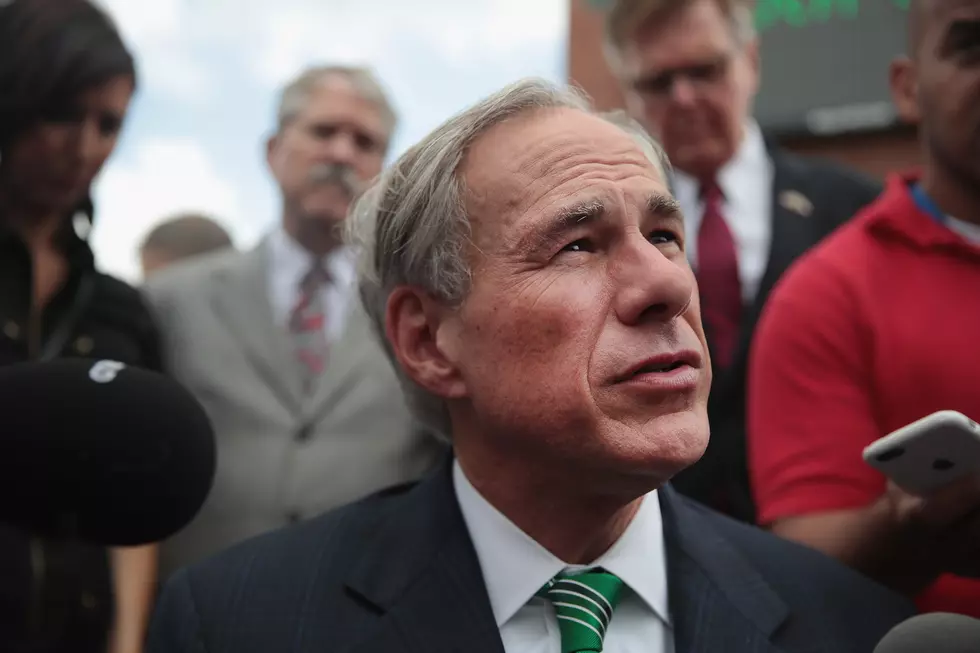
Governor Abbott Starts Locking Texas Back Down, Closes All Bars
Texas Governor Greg Abbott has issued an new emergency executive order that forces all bars in the state to close down. But it's not just bars, rafting, tubing, and public gatherings of more than 100 people are now also banned.
This comes in response to the State of Texas' recent explosion in COVID-19 cases and hospitalizations.
KXAN-TV in Austin reports that the order will include the following lock-down restrictions for the state:
The order includes the following:
- All bars and similar establishments that receive more than 51% of their gross receipts from the sale of alcoholic beverages are required to close at 12:00 PM today. These businesses may remain open for delivery and take-out, including for alcoholic beverages, as authorized by the Texas Alcoholic Beverage Commission.
- Restaurants may remain open for dine-in service, but at a capacity not to exceed 50% of total listed indoor occupancy, beginning Monday, June 29, 2020.
- Rafting and tubing businesses must close.
- Outdoor gatherings of 100 or more people must be approved by local governments, with certain exceptions.
CBS-19 reports the decision from the Governor comes as Texas passes the 10% positive test return rate on COVID-19 tests in the state. The 10% number has been a barrier for states as they work to reopen their economies. The CBS-19 reports says Governor Abbott has released the following statement:
“At this time, it is clear that the rise in cases is largely driven by certain types of activities, including Texans congregating in bars. The actions in this executive order are essential to our mission to swiftly contain this virus and protect public health. We want this to be as limited in duration as possible. However, we can only slow the spread if everyone in Texas does their part. Every Texan has a responsibility to themselves and their loved ones to wear a mask, wash their hands, stay six feet apart from others in public, and stay home if they can. I know that our collective action can lead to a reduction in the spread of COVID-19 because we have done it before, and we will do it again.”
Read More: 7 Wishes for Humanity in the Post-Pandemic World
More From Mix 93.1









